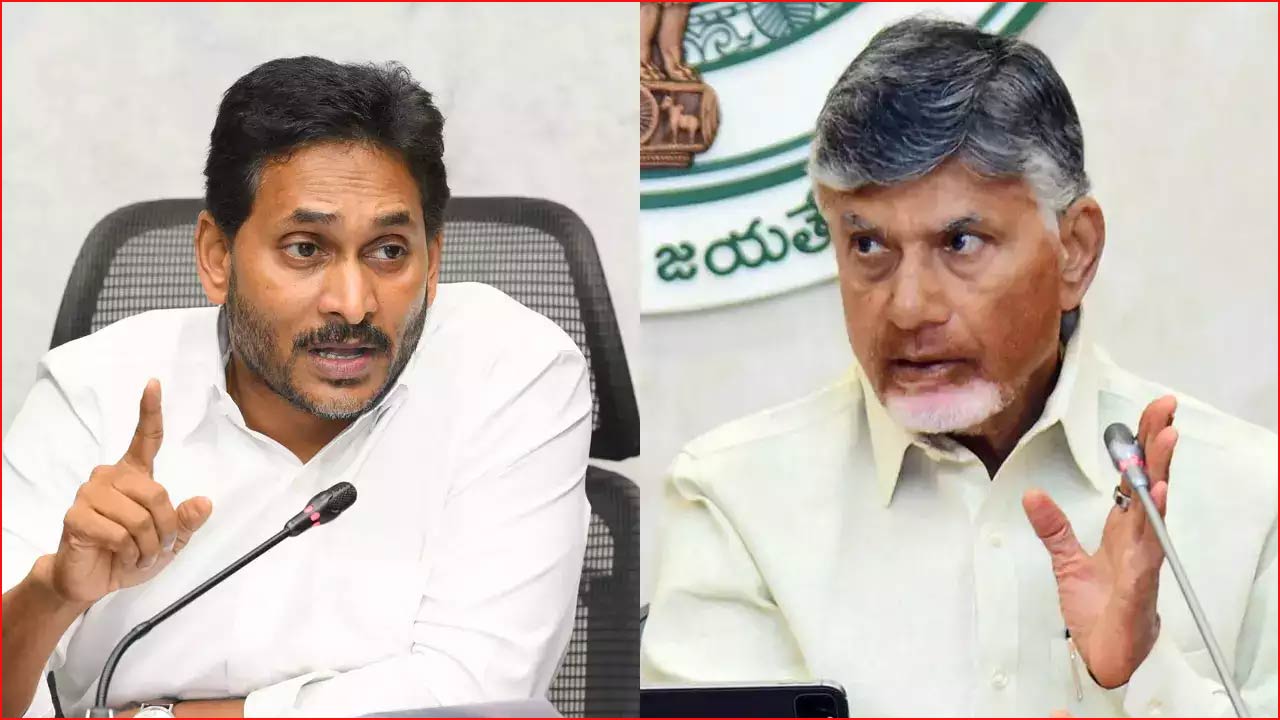CBN cannot shift blame on Jagan and wash his hands
CBN finding escape route blaming Jagan

The Electricity Price Hike: A Blame Game or a Deeper Issue?
The recent increase in electricity prices in Andhra Pradesh has sparked a heated debate, with the ruling YSRCP government facing accusations of burdening the public. While the government blames previous agreements for the rise, critics point to the lack of decisive action to address the situation.
The blame game revolves around two key agreements:
Digital Meter Installation: This agreement, signed during the previous YSRCP regime, involved Adani, a prominent Indian businessman who operates several businesses and ports in the state. The government's critics argue that the agreement could be renegotiated or even canceled, especially if it is causing hardship for the public. They question why the current government hasn't taken steps to mitigate the impact of these meters.
Solar Power Agreement: This agreement, also signed during the YSRCP regime, was with the Solar Energy Corporation, a public sector organization. While the initial promise was low-cost solar power, the introduction of GST and rising equipment costs have led to a significant increase in the price per unit. The government's critics contend that this agreement, too, could be renegotiated or potentially canceled.
The YSRCP government, however, argues that they are bound by these agreements and that the burden is a result of decisions made by previous administrations. They also point to the growing demand for hydropower, making the cancellation of the solar power contract difficult.
This situation raises several important questions:
Is the blame game a political strategy, or are the agreements truly hindering the government's ability to provide affordable electricity?
Why hasn't the government explored options like renegotiation or seeking legal recourse to address the agreements' detrimental effects?
To what extent are the government's claims about the previous agreements' burden on the current situation accurate?
The public is caught in the middle of this political tug-of-war, with rising electricity prices impacting their lives. It is imperative for the government to address the issue head-on, providing transparency about the agreements, outlining their efforts to mitigate the price hike, and ensuring that the burden on the public is minimized.




 Rajinikanth Behind Lingaa Disaster
Rajinikanth Behind Lingaa Disaster Prabhas to surprise with his look in Spirit
Prabhas to surprise with his look in Spirit